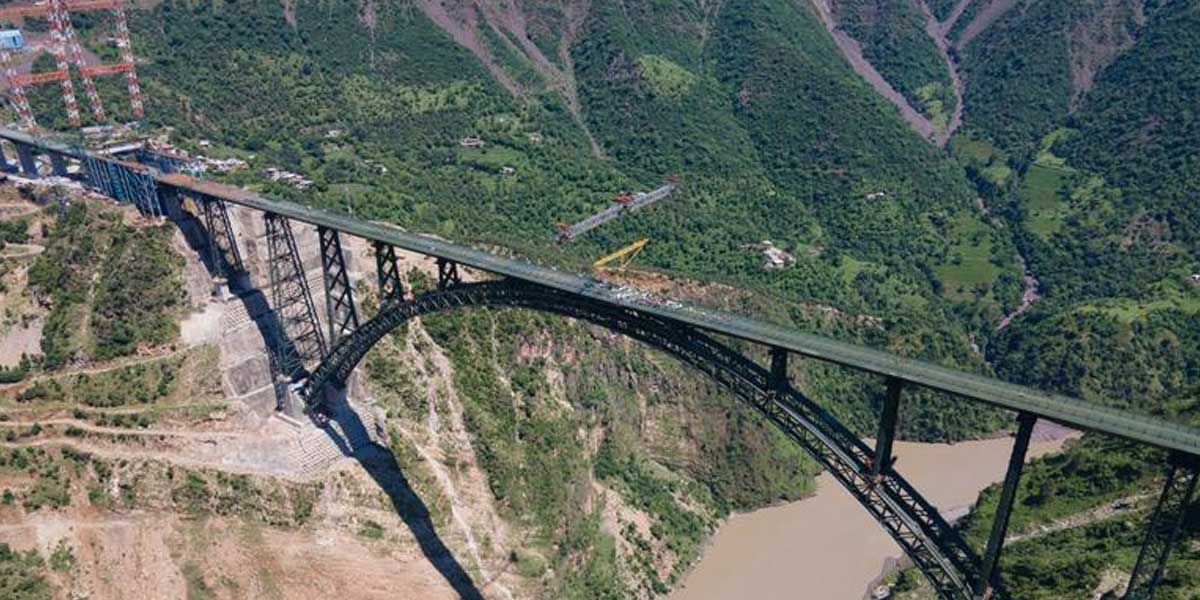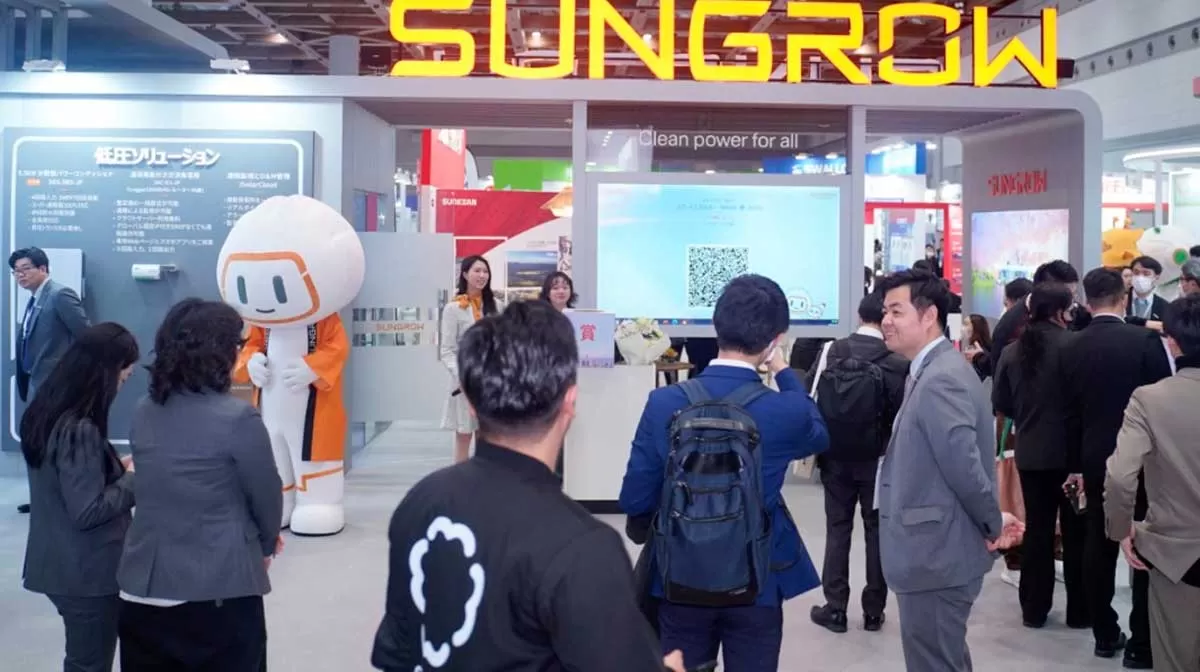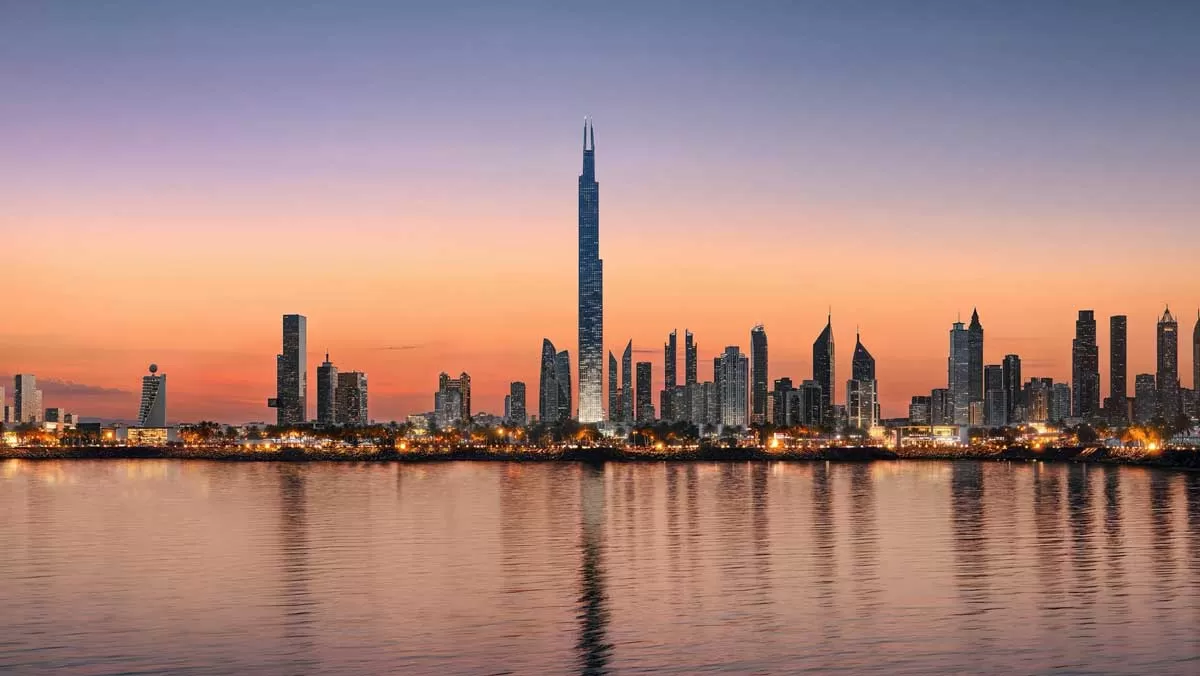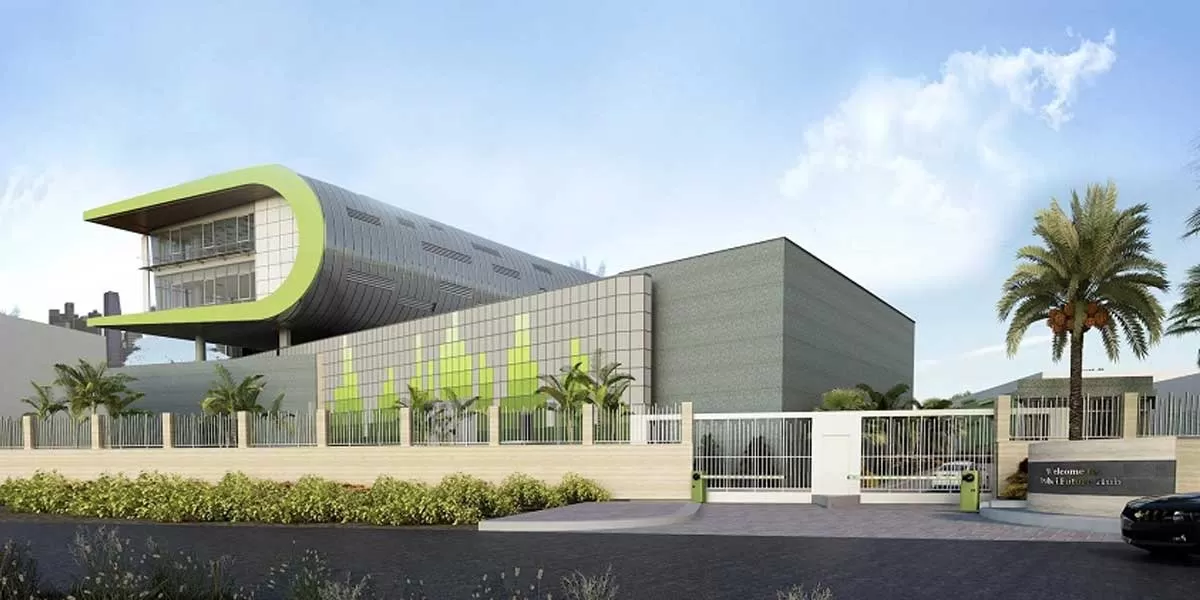

Sungrow Launches New Energy Storage System at Smart Energy Week 2025
Sungrow, a global leading PV inverter and energy storage system provider, is set to unveil its latest energy storage and power conditioning systems (PCS) at Smart Energy Week [PV EXPO] 2025 at Tokyo Big Sight. The showcase features over 13 state-of-the-art products, including the newly developed water-cooled C&I energy storage system ST510CS-4H, PowerTitan Series grid-scale energy storage system, and JET-certified 5.5kW string inverter SG5.5RS-JP. ST510CS-4H: Next-generation liquid cooling C&I energy storage system At Sungrow's booth, the newly launched ST510CS-4H features its inno..

Dubai's Housing Market Soars: 55% More Deals, 44% Sales Value Jump
During the October–December 2024 quarter, Dubai’s residential market recorded 33,110 registered transactions, representing a 55 per cent year-on-year (Y-o-Y) increase compared to the 21,405 transactions recorded during the same period in 2023. This growth in annual activity demonstrates strong buyer interest, while the minor quarterly adjustment indicates a steady, healthy market. The registered home sales value (GTV) for the quarter reached AED 65.23 billion, marking a 44 per cent Y-o-Y increase over the AED 45.45 billion reported in October–December 2023. Average registered home sales ..

Moro Hub Partners with MongoDB to Accelerate Digital Transformation
Moro Hub, a subsidiary of Digital DEWA, the digital arm of Dubai Electricity and Water Authority (PJSC), has announced a strategic partnership with MongoDB to help organisations in the region build the next generation of applications faster by innovating more efficiently and simplifying complex architectures. The partnership was officially signed between Mohammed Bin Sulaiman, CEO of Moro Hub and Boris Bialek, Field CTO of MongoDB, at the Museum of the Future in the emirate of Dubai. This collaboration underscores Moro Hub’s commitment to empower enterprises and government entities. With a..














